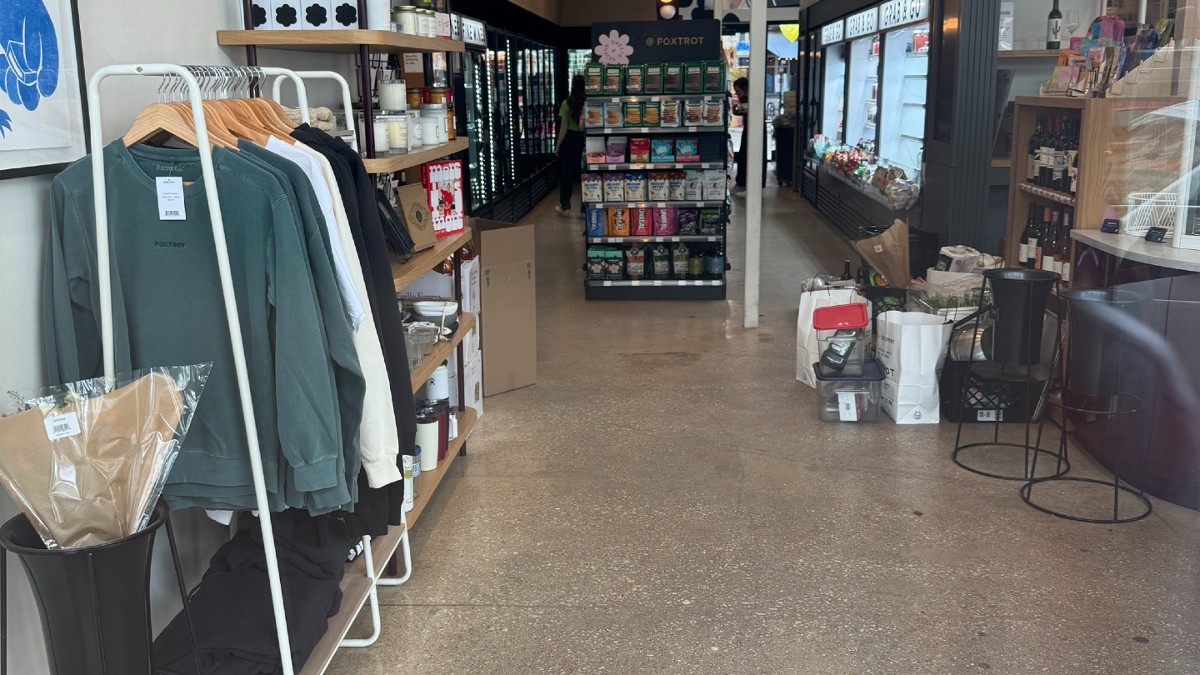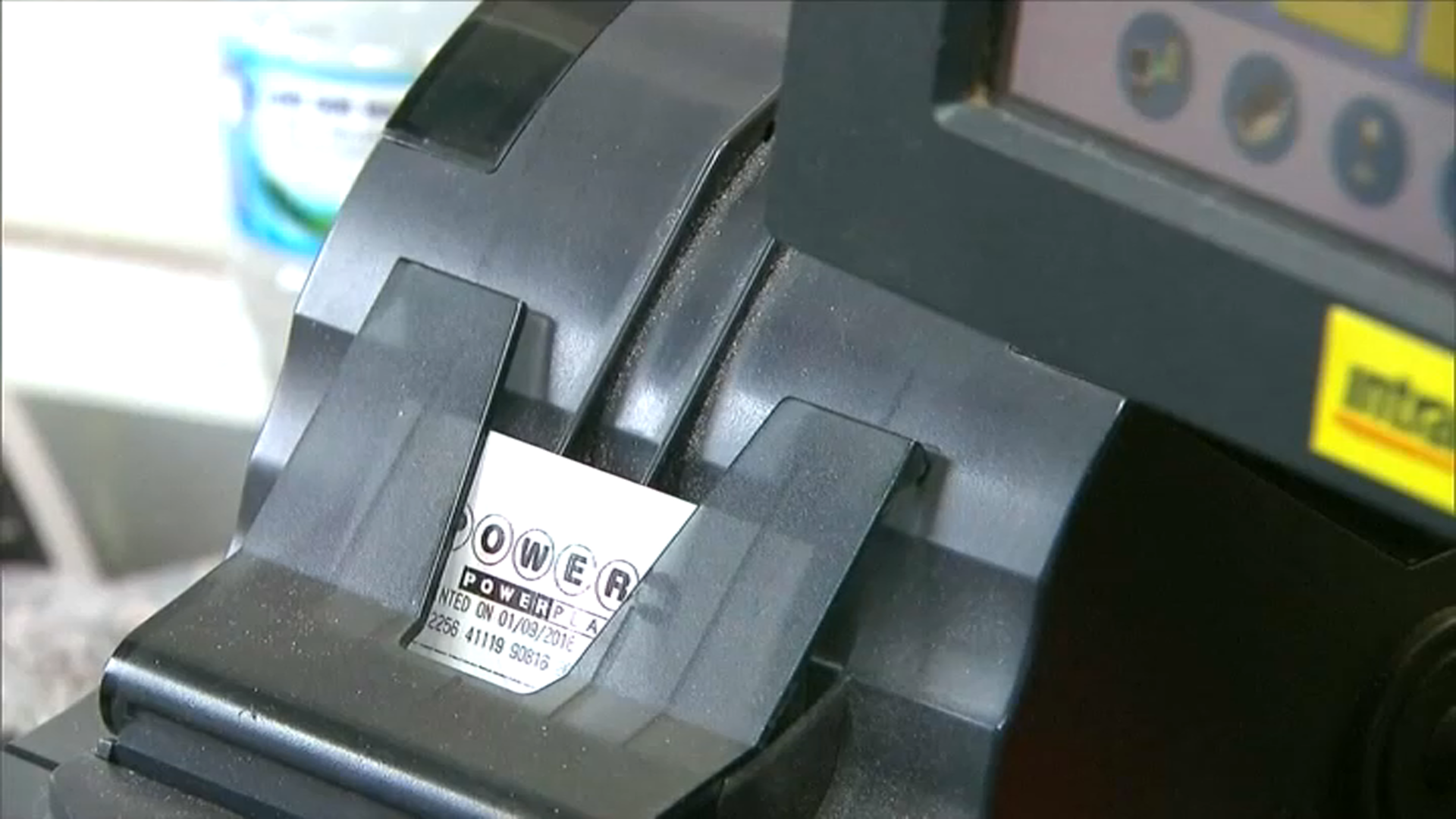UPDATE: U.S. regulators on Thursday said certain people with severely weakened immune systems can get an extra dose of the Pfizer or Moderna COVID-19 vaccines. The Centers for Disease Control and Prevention is expected to formally recommend the extra shots for certain immune-compromised groups after a meeting Friday of its outside advisers. Read more here.
_________________________________________________________________________
With the FDA expected to OK a third dose of the Pfizer and Moderna vaccines for people with compromised immune systems, who will be included and what does that mean for those who got the Johnson & Johnson vaccine?
The FDA is poised to amend the emergency use authorizations for the Pfizer and Moderna COVID-19 vaccines Thursday to allow people with compromised immune systems to get a third dose, according to two sources familiar with the plans.
Feeling out of the loop? We'll catch you up on the Chicago news you need to know. Sign up for the weekly Chicago Catch-Up newsletter here.
The move would come after a panel of advisors to the Centers for Disease Control and Prevention met in July and urged action on extra doses for immunocompromised adults.
The U.S. government’s top infectious disease expert, Dr. Anthony Fauci, said Thursday that an additional COVID-19 booster shot will be recommended "imminently" for previously vaccinated people with weakened immune systems.
In an interview on the "TODAY" show, Fauci said it is increasingly clear that many such patients are still vulnerable to COVID following vaccination because months after receiving the shots, their bodies are producing little to no antibodies. He said the purpose of the booster shot is to get their protection level up to where it should be.
Local
An estimated 2.7 percent of adults in the United States are immune-compromised, according to the CDC.
It is unclear which groups would be covered under the expected FDA action. Immune-compromised patients include organ transplant recipients, people undergoing cancer treatment and people with HIV, among others.
"We've been watching the booster conversation very closely. It does look likely that we may have a booster recommendation shortly from the FDA, plus the Advisory Committee on Immunization Practices, the ACIP, for a very specific group of people - people who have severe immunocompromising conditions," Chicago Department of Public Health Commissioner Dr. Allison Arwady said Thursday morning. "And this is, you know, we'll see what the official guidance is, but there has been a number of studies looking at how well does the vaccine perform in people with different underlying conditions? And the vaccine performs beautifully in the huge majority of Americans, but in people who are severely immunocompromised, for example after an organ transplant or people who are undergoing chemotherapy or who are on severe immune suppressing medications - not surprisingly, the goal of those medications and treatment is to suppress the immune system - and so we don't see the immune system, in some cases, learning the lesson as well about how to fight off COVID."
Chicago's top doctor says the city is "absolutely ready" to administer booster vaccines to people with compromised immune systems should the Food and Drug Administration approve it.
"We are absolutely ready," Arwady said. "We have vaccine available, especially because if this recommendation comes through, it would be for probably 2-3% of eligible Chicagoans where we think about even... kind of the outside estimate of who this might include."
According to recent data from the Centers for Disease Control and Prevention, considerations for a booster vaccine could include:
- Conditions and treatments associated with moderate to severe immune compromise
- Active or recent treatment for solid tumor and hematologic malignancies
- Receipt of solid-organ or recent hematopoietic stem cell transplant
- Severe primary immunodeficiency
- Advanced or untreated HIV infection
- Treatment with immunosuppressive medications such as cancer chemotherapeutic agents, TNF blockers, certain biologic agents (e.g., rituximab), and high-dose corticosteroids
- Chronic conditions associated with varying degrees of immune deficit, such as asplenia and chronic renal disease*
The CDC noted, however, that "different medical conditions and treatments can result in widely varying degrees of immunosuppression."
"A patient’s clinical team is best able to assess the degree of altered immunocompetence and optimal timing of vaccination," the agency stated.
But what about those who received the Johnson & Johnson vaccine?
According to the CDC report, a recent UK study found that one dose of the AstraZeneca vaccine paired with one dose of the Pfizer vaccine offered more protection than two doses of the AstraZeneca vaccine. The report, however, stated that more "evidence is needed" to determine if people with compromised immune systems who received the Johnson & Johnson vaccine should also get a dose of the mRNA vaccines.
In addition to those with compromised immune systems, could booster shots be needed for the general population as well?
Fauci said "at this moment, other than the immunocompromised, we’re not going to be giving boosters." However, he acknowledged that "inevitably there will come a time where we'll have to get boosts" because "no vaccine, at least not within this category, is going to have an indefinite amount of protection."
An untold number of Americans have already managed to get COVID-19 booster shots even though the U.S. government hasn't approved them. They're doing so by taking advantage of the nation’s vaccine surplus and loose tracking of those who have been fully vaccinated.
An Associated Press review of a database run by the CDC found health care providers have reported more than 900 instances of people getting a third dose. However, because reporting is voluntary, the full extent of people who have received third doses is unknown. It’s also unknown if all of those people were actively trying to get a third dose as a booster.



